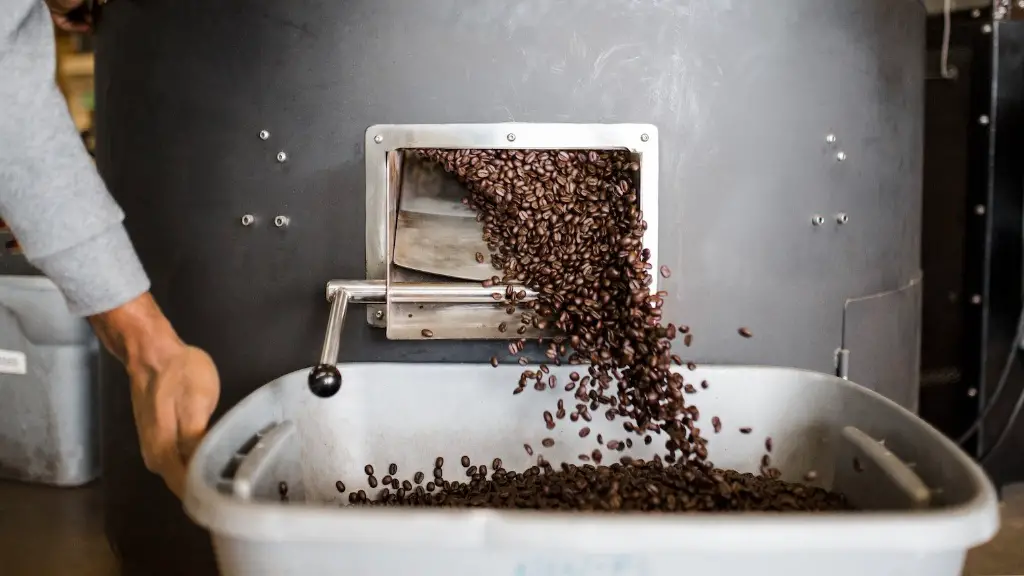Coffee and Caffeine Consumption
Coffee is an incredibly popular drink, consumed in some form by over 80% of Americans each morning. In its most basic form, coffee is a brewed beverage made from ground coffee beans, boiling water, and a special filter. Those beans contain caffeine, a stimulant, which is the source of its energizing effects. However, caffeine is also associated with side effects such as jitters and anxiety, so it is important to be mindful of how much coffee and caffeine you consume. But what happens if you drink coffee three times a day?
Moderate Coffee Consumption
According to health experts, consuming up to 400 milligrams of caffeine per day is safe for most healthy adults. This amount of caffeine translates to around four cups of coffee or two energy drinks. That said, everyone reacts to caffeine differently; some may feel energized, while others might experience restlessness and a rapid heart rate. The best way to gauge your tolerance is to experiment with one or two cups per day, and pay close attention to another side effects.
Risks of Heavy Caffeine Consumption
Consuming more than 400 milligrams of caffeine daily, or the equivalent of three cups of coffee per day, can put you at risk for adverse side effects. First, drinking too much coffee can cause the digestive system to become stressed. This can lead to an upset stomach and nausea. Heavy caffeine use is also associated with headaches and problems sleeping. Your body will begin to develop a tolerance to caffeine which will require an increased dosage to elicit the same energizing effects. Additionally, long-term caffeine use may cause dehydration, raise heart rate and blood pressure, and increase stress levels.
Coffee Intake and Cardiovascular Health
Coffee has also been linked to a range of cardiovascular health benefits, including increasing HDL cholesterol and decreasing the risk for certain forms of stroke and heart failure. This can be attributed to the antioxidant properties of coffee, as well as its associated compounds, including caffeine. A study from the American Heart Association links moderate coffee consumption (no more than 3-4 cups per day) to improved cardiovascular health. These benefits are enhanced when coffee is taken black; adding milk, cream, and sugar can lead to an increase in calories, raising the risk for chronic health issues.
Conclusion
Drinking coffee three times a day clearly has its benefits and risks associated with it; finding the right balance depends on the individual. However, it is important to remember that 400 milligrams of caffeine is the recommended daily limit, and exceeding this can result in adverse effects. As always, it is advised to speak to a physician before making drastic changes to your diet and lifestyle.
Additional Benefits of Coffee
Beyond its associated cardiovascular benefits, coffee has also been linked to a variety of other health benefits. Clinical studies have shown coffee to be associated with an increased metabolism, which can lead to improved weight loss. Coffee has also been linked to cancer prevention, improved liver health, increased alertness and longevity.
Additional Risks of Coffee
While drinking coffee in moderation has its associated benefits, it is important to be mindful of the effects if consumed in excess. Heavy coffee intake increases the risk of insomnia, and chronic use can lead to physical dependence on the associated chemical (caffeine). Additionally, coffee can interfere with the absorption of certain medications, so any medications should be taken with caution when consuming more than one cup of coffee per day.
Healthy Habits for Coffee Drinking
Finally, there are certain habits to consider when attempting to obtain the maximum benefits of coffee. Given its associated dehydration, try to mix in water for every cup of coffee (about one cup of water to every three cups of coffee); this leads to more consistent hydration. Also, try and practice mindful drinking. This means not just drinking it for the boost of energy, but also for its great taste and aroma. Mindful drinking helps to appreciate the drink, without relying on it as a crutch.


